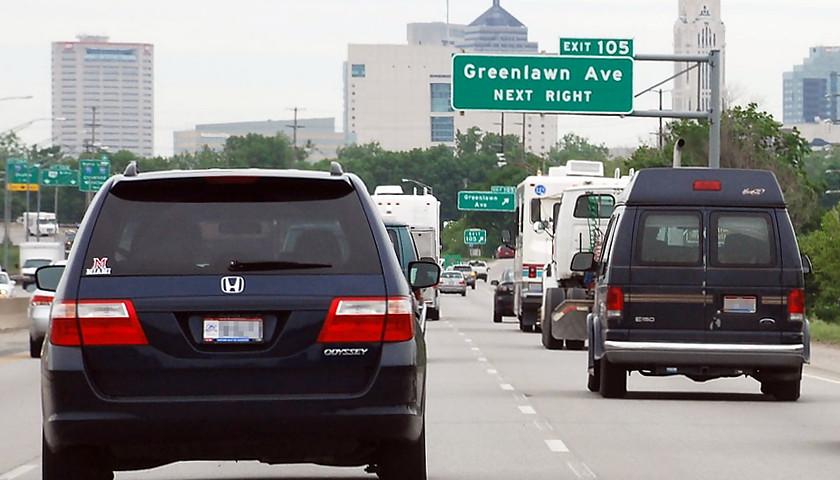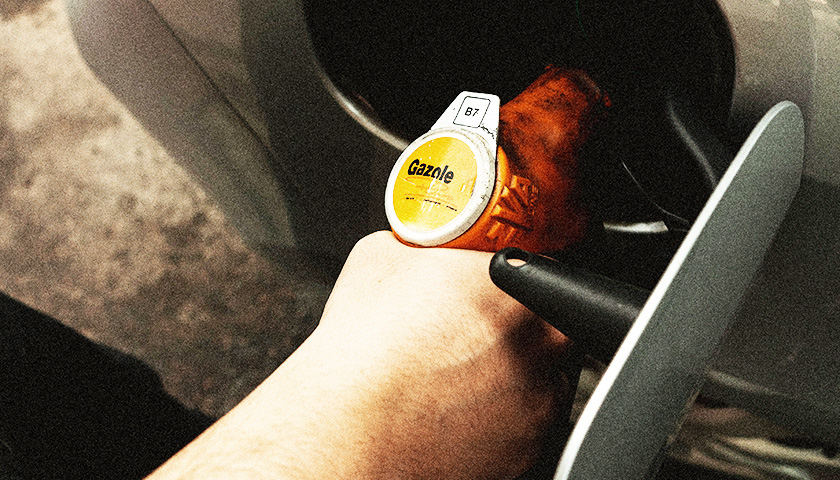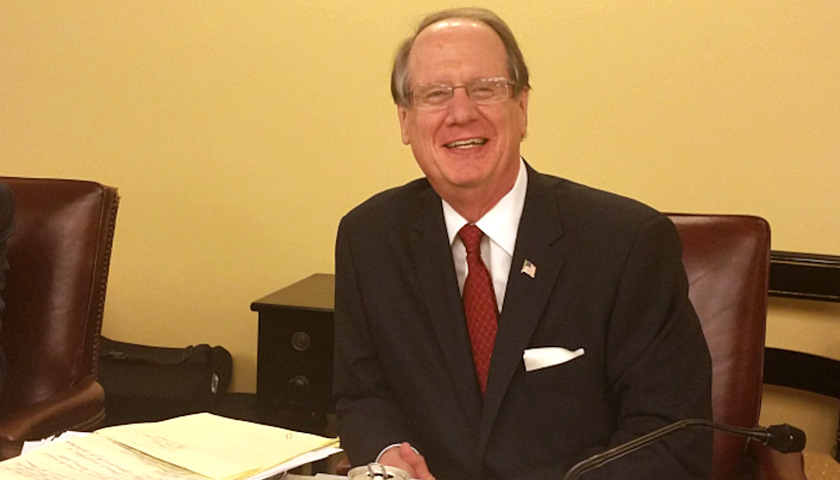Nearly 400 transit programs across the state will share more than $100 million in taxpayer funds for various projects to support public transportation.
Gov. Mike DeWine announced $106 million for 383 different projects through seven grant programs focusing on workforce mobility, senior citizens, special needs transportation, rural transit and busing.
Read the full story







